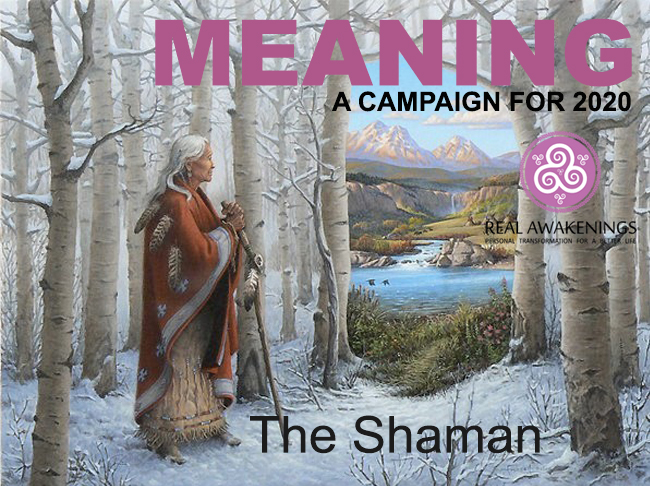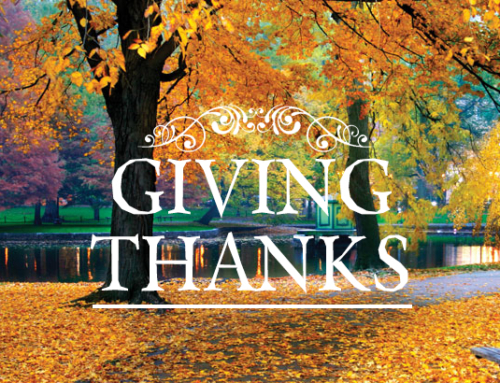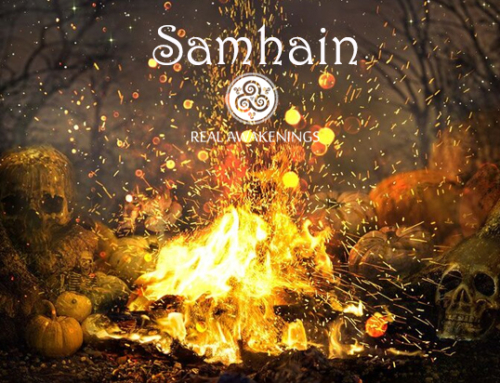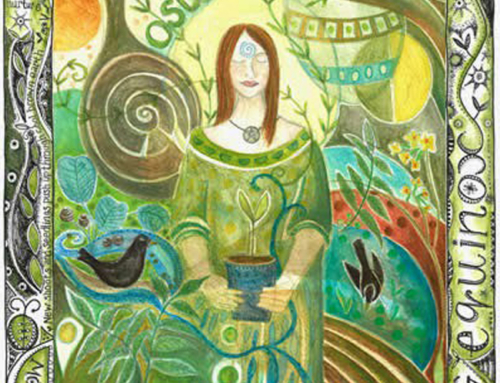What is a Shaman?
Ancient Wisdom in a Modern World
Dating back to the end of the last Ice Age, the Tungus people from Sibera called a shaman “someone who knows.” Many organized religions trace some of their roots back to Shamanism, although it is not a formalized ideology, religion or set of beliefs. Shamanism has been documented throughout Asia, Tibet, North and South America, Australia, Africa, and northern and central Europe.
Shamans were the first Earthkeepers and Wisdomkeepers who were the healers, teachers, scholars, and spiritual guides of their community. They were the only ones who had a direct connection with nature, and were most likely the first people to work with medicinal plants and alternate states of consciousness. Shamans clearly understood the energetic nature of reality, multiple dimensions, and the non-linear aspect of time. They also presided over ceremonies and rituals honoring the cycles of nature, celebrations within the tribe, and to ask Spirit for guidance or healing.
Today, there are very few actual shamans who can trace their initiations back through a lineage. Some argue that a true shaman is born into the role, or chosen by an elder. Modern shamans are more likely to be practitioners, acting in the role of a shaman, using their knowledge, skills, and influence who use their talents in service to others. Their initiations offer them the ability to demonstrate a strong intuition and tracking abilities to predict or see things that most people can’t. Considered an initiation in itself, authentic shamans and practitioners have encountered great strife or trauma, and become what’s known as a “wounded healer.” Some also endure an initiation called a “shamanic sickness” where they contract a sudden illness, or are subjected to a situation where they directly confront death. Consequently, they have deep personal understanding of PTSD. They know that love is the organizing and guiding principle of the universe, and teach others how and why to dream their world into being. Shamans know that everything is infused with life and spirit, and remind us that we’re not separate from nature, just disconnected from it. Modern shamans and practitioners are today’s healers, teachers, and guides who understand the nature of energy and how it operates, and can be the medicine men and women bravely connecting to non-ordinary realities.
There are however, caveats regarding modern shamanism. Be careful of those calling themselves a shaman for the term has become a household word, stripped of its original meaning, modernized, bastardized and commercialized. People are out there trying to make a buck, advertising themselves as being healers with special powers, or touting their many trips to Peru. Personally, I’ve had the pleasure of working with three bona fide shaman where the most talented one actually refused to be called a shaman. Not all those offering Ayahuasca ceremonies are truly skilled with the plan spirit either, charging exorbitant amounts of money to partake. In reality, the practice of shamanism is true shadow work, and is not for the faint of heart. It’s a path fraught with twists, turns, and struggles, dancing right on the razor’s edge. With each awakening comes a total self-reorganization of Self that’s met with pain, rejection, and the brutal reality of facing the facts. It requires great stamina and strength to remain steadfast. You best not romanticize your shaman or practitioner either by expecting an ooey-gooey sugar-sweet person holding your hand every step of the way. At some point in your process, a good shaman will be quite direct by making you look at something difficult, or what you’d prefer not to see. Those are the moments, identical to modern psychotherapy, where you either step up to the plate and grow, or chose to remain stagnant. The faster you understand that you are the one doing your own work, not the shaman, the better off you’ll be. Shamanism is a beautiful path of self-discovery, but a difficult one indeed.
Please share your experiences or leave your comments below.





